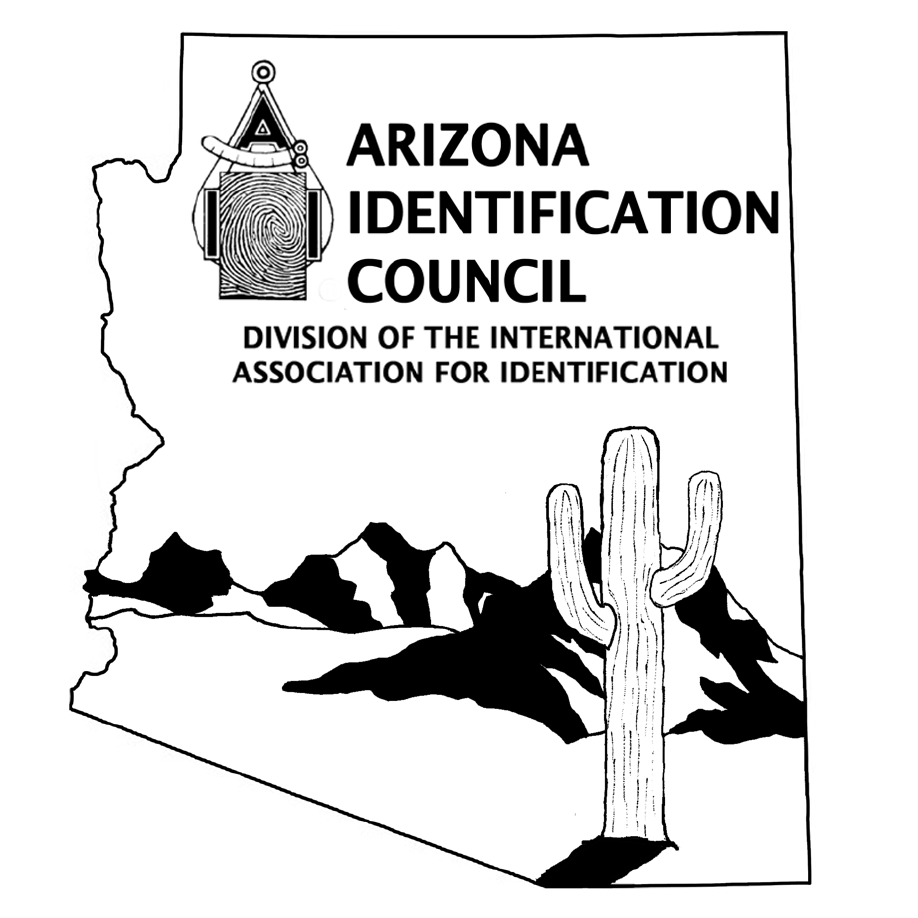Arizona Department of Public Safety
Annual Salary:
$56,683.33
Description
This recruitment will be used to establish an eighteen-month eligibility list to fill current and future Associate Forensic Scientist vacancies. Must successfully complete the examination process.
Written Exam - Scheduled week of July 10, 2023. Applicants meeting the minimum requirements will be sent a test invite with detailed information.
Top passing scores proceed to QAB exam (view Exam Plan)
Qualification Appraisal Board (QAB) - weighted 100%; date to be determined.
REQUIRED Application Attachments:
College Transcripts (official or unofficial)
Course List Form (download form, open in Adobe Reader, complete, save and attach)
The Associate Forensic Scientist receives extensive training in relevant forensic science areas in order to become proficient in crime laboratory procedures. Under direct supervision, utilizes chemical, microscopic, chromatographic and comparative techniques and instrumentation to examine, identify and evaluate physical evidence which may include: controlled dangerous substances; blood, urine and other biological specimens; firearms; questioned documents; latent prints; trace evidence; and other items of evidentiary value. Prepares technical reports; provides expert testimony in court; and performs related tasks as required. Receives supervision from a Supervising Forensic Scientist. This is a competitive classification.
Essential Functions (not intended to be all inclusive)
Examines, identifies, and evaluates suspected evidence which may include blood, semen, hair, fibers, paint chips, glass fragments, questioned documents, fire accelerants, soils, firearms, latent prints, drugs, poisons, alcoholic beverages, etc. Utilizes physical, chemical, microscopic, photographic, comparative, classification, computer, molecular biology, chromatographic and visualization techniques and instrumentation which may include gas chromatography, ultraviolet spectrophotometry, infrared spectrophotometry, electrophoresis, gas chromatography-mass spectrometry, scanning electron microscopy-energy dispersive x-ray, variable wavelength forensic light sources, spectrofluorimetry, and immunoassay.
Prepares technical written reports in order to document scientific analyses and results.
Attends pre-trial conferences, prepares exhibits for courtroom use, and provides expert testimony in courts throughout the state.
Discusses laboratory test results and evidence collection with officers and attorneys.
Remains current on scientific advancements in the forensic field through technical publications, presentations and training in order to apply appropriate methodologies.
May respond to crime scene incidents in order to gather, preserve and move items of evidence to crime lab for further analysis.
Knowledge, Skills, and Abilities Required
Knowledge of:
principles and analytical procedures of chemistry, biology (including molecular biology), toxicology, criminalistics, fingerprints, questioned documents, or related sciences.
hazards and toxicity of chemicals.
mathematics related to analyzing scientific data.
Skill in:
operating laboratory instruments, equipment and computer systems related to areas of responsibility.
Ability to:
define problems, establish facts, interpret information and draw valid scientific conclusions.
recognize minute differences in shape and form.
chemically identify and quantitate compounds such as drugs, diluents and poisons.
interpret scientific data to establish statistical probabilities of origin of biological and commercial products.
effectively communicate findings of scientific tests both orally and in writing.
testify and undergo intense examination in court.
perform detailed work with a high degree of accuracy.
read and interpret scientific materials.
Minimum Qualifications
A Bachelor's degree from an accredited college or university with major course of study in biology, chemistry, or closely related physical or natural sciences with either a minimum of thirty (30) semester hours (or equivalent quarter hours) in chemistry or a minimum of twenty (20) semester hours in chemistry with completed coursework in molecular biology, genetics, and biochemistry.
(30 semester credit hours is equivalent to 45 quarter credit hours.)
ADDITIONAL REQUIREMENTS:
Must provide a DNA sample for the staff database.
WORKING CONDITIONS/PHYSICAL REQUIREMENTS:
Processes evidence that may transmit infectious disease (e.g., AIDS, Hepatitis B), is corrosive, carcinogenic, or explosive.
May be exposed to fumes or dust, bodily fluids, toxic or caustic chemicals; and occasionally, outdoor weather conditions.
May be required to move items up to twenty (20) pounds.
May be required to respond to crime scenes and court appearances as needed.
Must successfully complete the examination process.
Progression to the next classification in the Forensic Scientist series requires an overall performance rating of at least "Standard" in the last 12 months.
